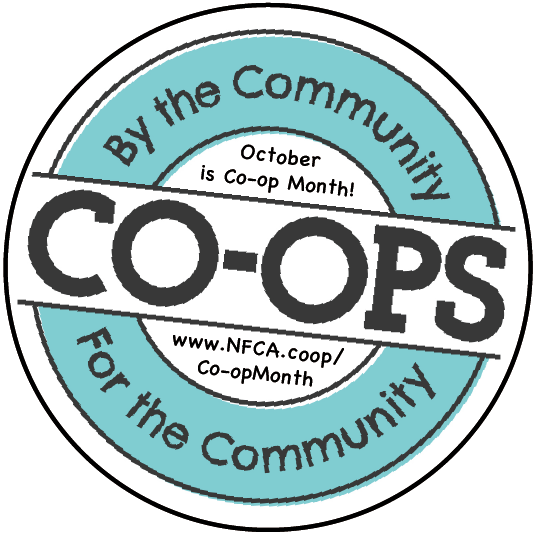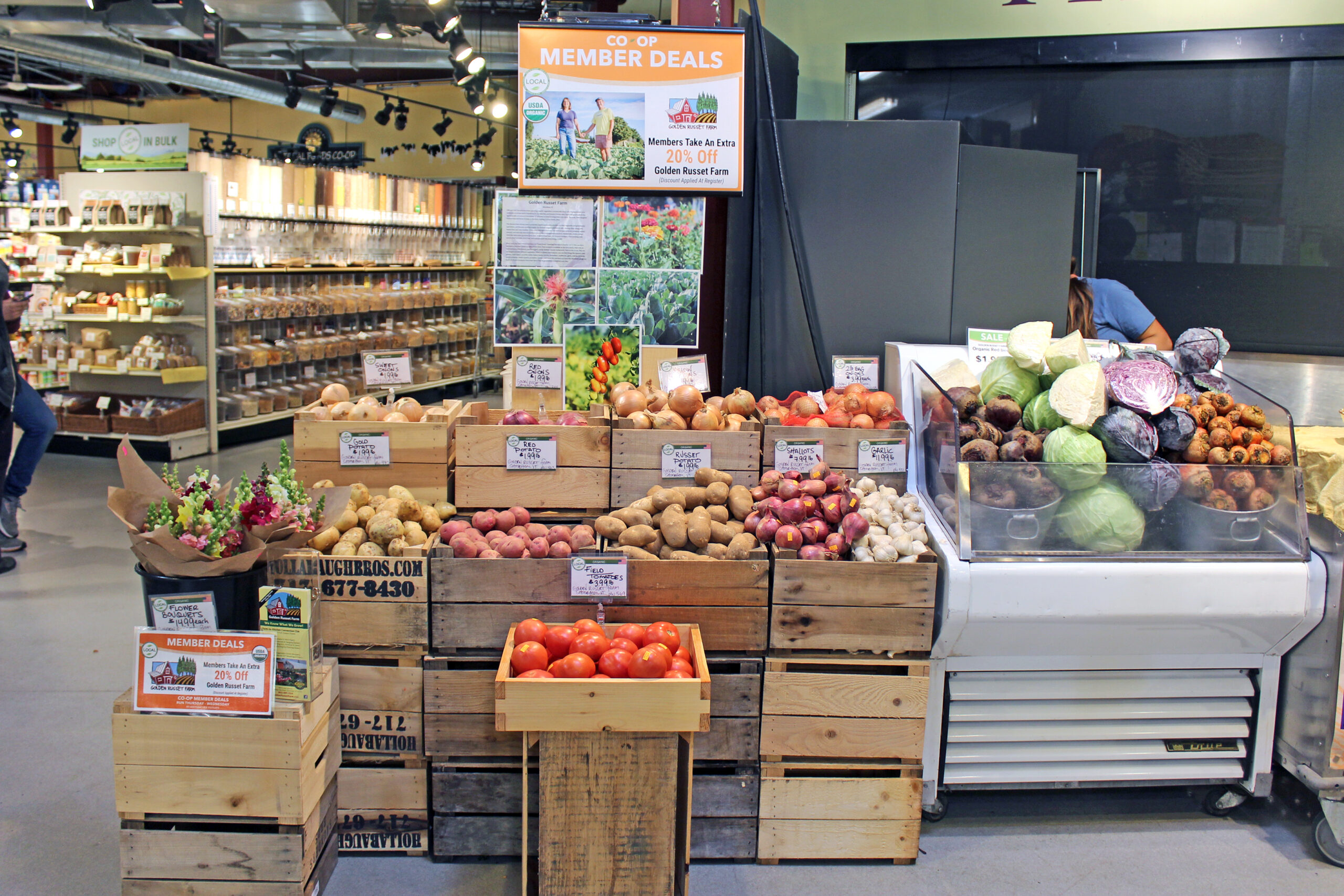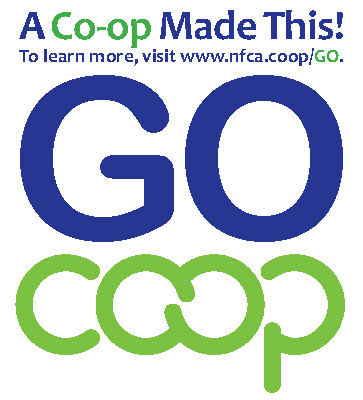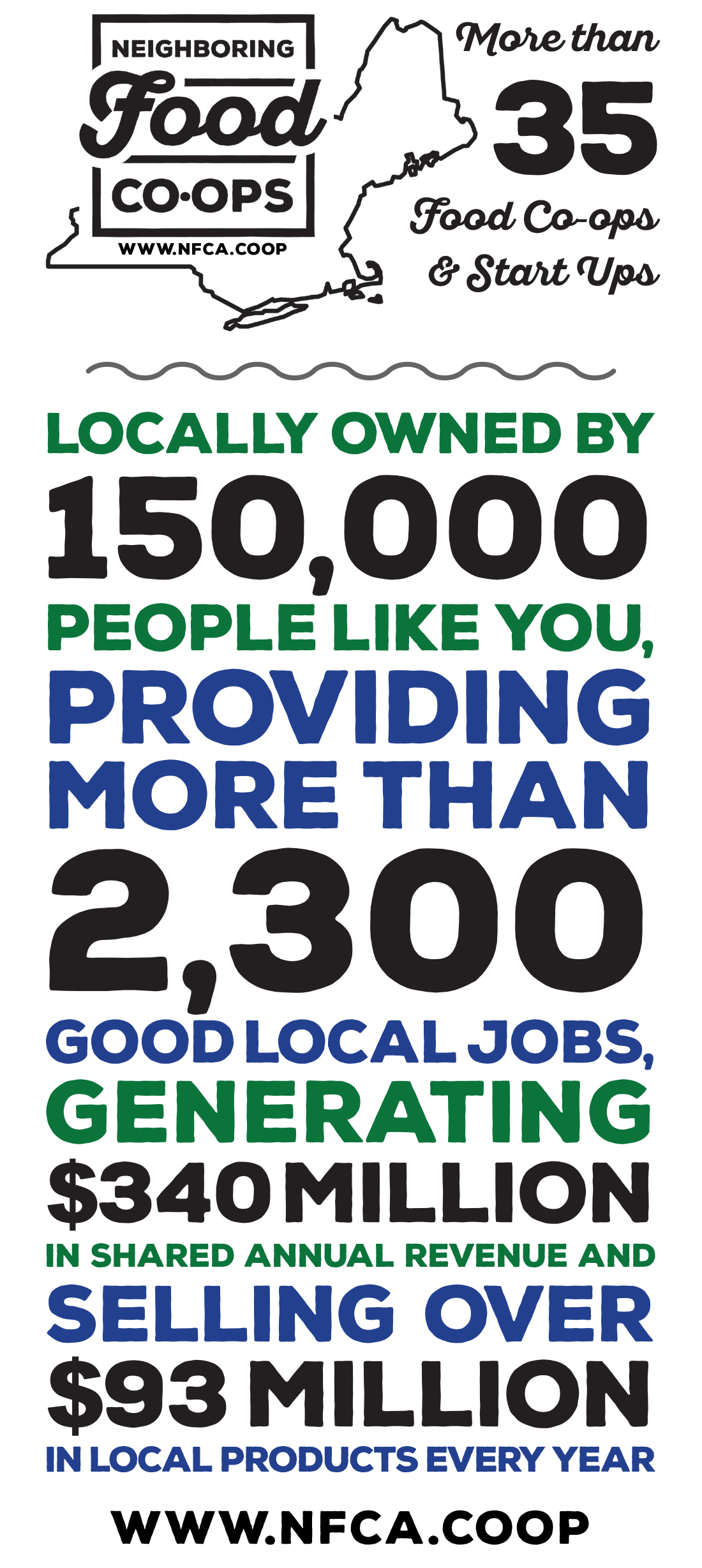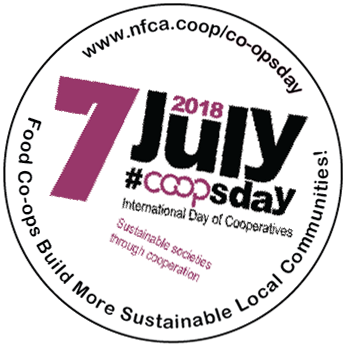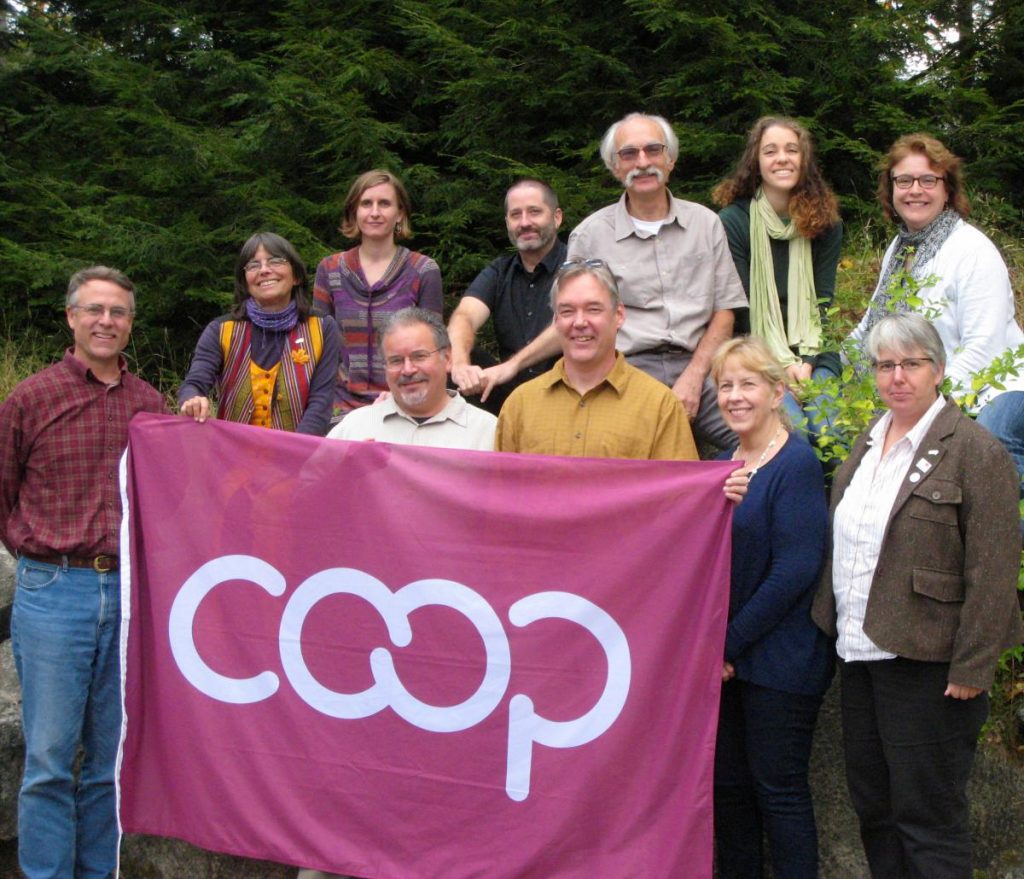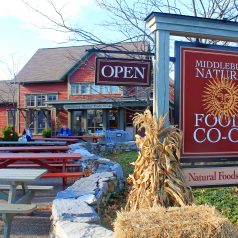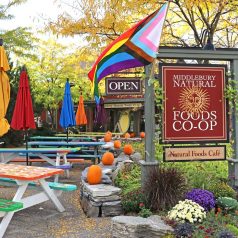
Celebrate Co-op Month!
This October, your Co-op is joining over 65,000 co-operatives and credit unions across the United States in celebrating Co-op Month, observed nationally since 1964. This year’s theme, “Co-ops Build Economic Power,” was chosen by the National Cooperative Business Association (NCBA CLUSA) as an opportunity to highlight the cooperative business model as the best way to build an economy that empowers everyone. Co-ops and their members are working together to build stronger, more inclusive, and resilient communities.
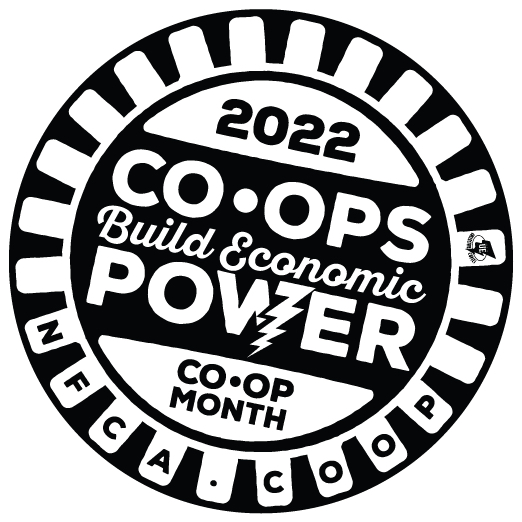
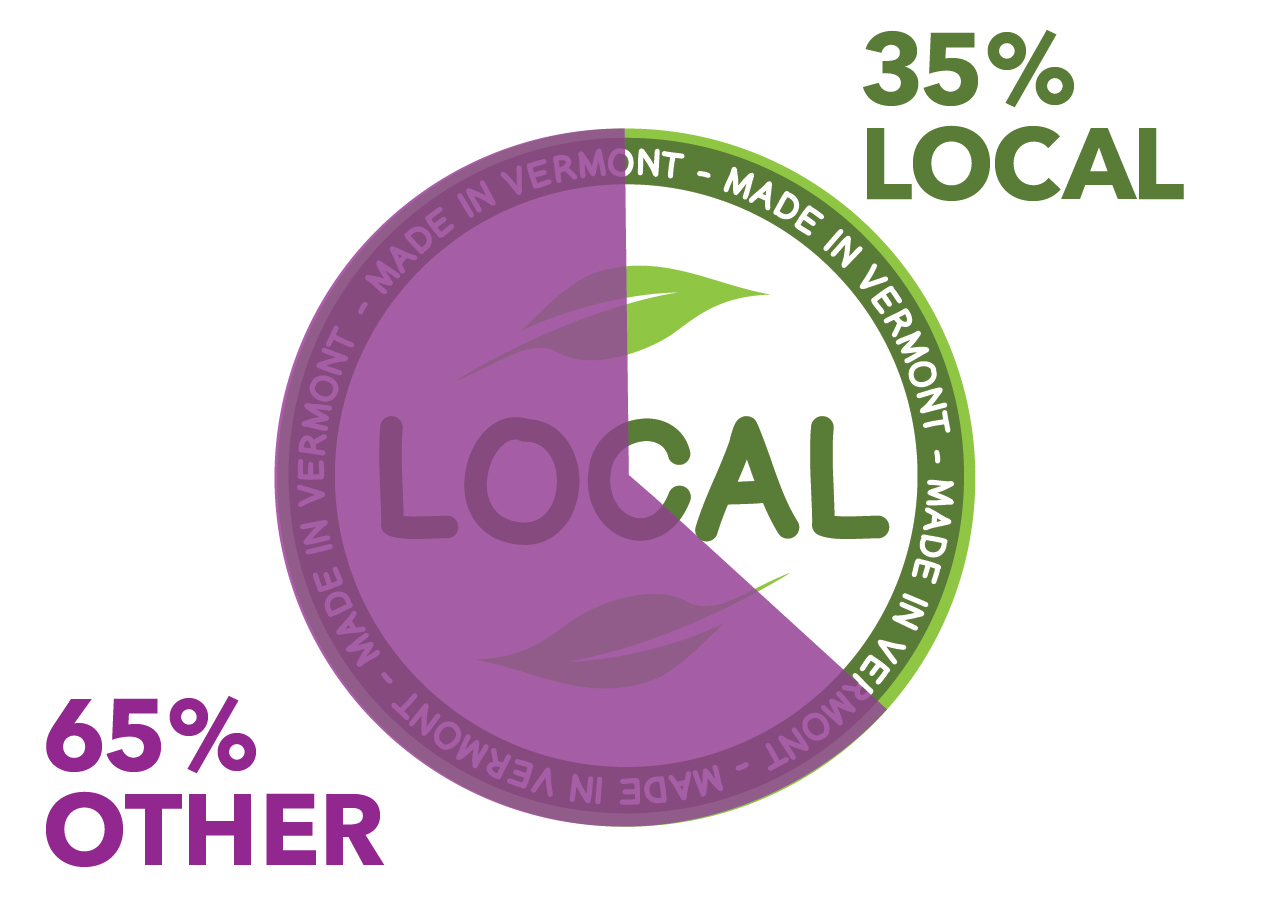
Across the Northeast, people have used food co-ops to improve access to healthy, local, affordable food, and to build stronger, more inclusive communities. Most of these grocery stores got their start during times of social and economic change, enabling people to access healthy food, support local producers, and provide good jobs. A new wave of startups has been growing, representing a renewed interest in food security, and racial and economic justice. Today, the Neighboring Food Co-op Association (NFCA) includes 42 food co-ops and start-ups, locally owned by more than 168,000 members and employing over 2,450 people. Together, these co-ops generate shared annual revenue of over $395 million, with local products representing over a quarter of total sales. Here at your Co-op, we’re proud that over a third of what we sell is made or grown locally!
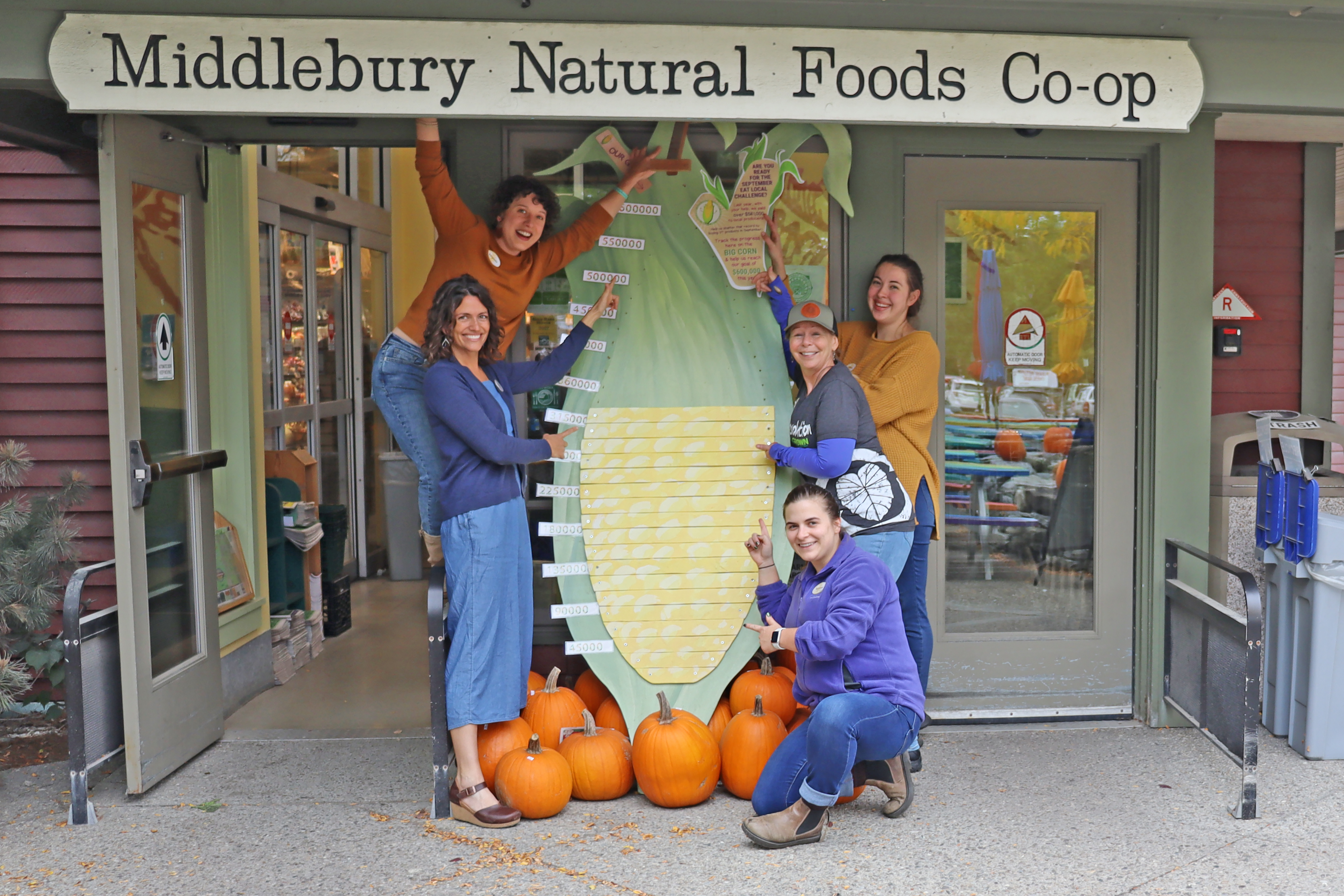
“Despite the challenges of the past years, food co-ops across our region continued to grow in 2022, sustaining local producers, providing good jobs, and working to keep shoppers healthy and safe,” said Erbin Crowell, NFCA Executive Director. For example, NFCA member co-ops grew their revenue by 10% over the previous year, with sales of local products topping $100 million. “And more people have discovered the important role of our food co-ops in building more resilient, sustainable, and inclusive communities, membership has continued to grow with more than 14,365 joining our food co-ops last year alone,” added Crowell.
Food co-ops are not alone in their contribution to more inclusive and resilient communities and empowered workers. As employees question their role in the economy, cooperatives are creating dignified, empowering jobs with paths to ownership and wealth-building. From farmer co-ops to worker co-ops, credit unions to mutual insurance, and housing co-ops to energy co-ops, co-operative businesses thrive across the U.S. economy, where 1 in three people are co-op members. Around the world, around 1 billion people are members of about 3 million co-operatives, and 10% of the world’s population, or around 280 million people, are employed by co-ops. And because they are member-owned, co-operatives are rooted in their communities and governed by the people who use them to meet their needs.
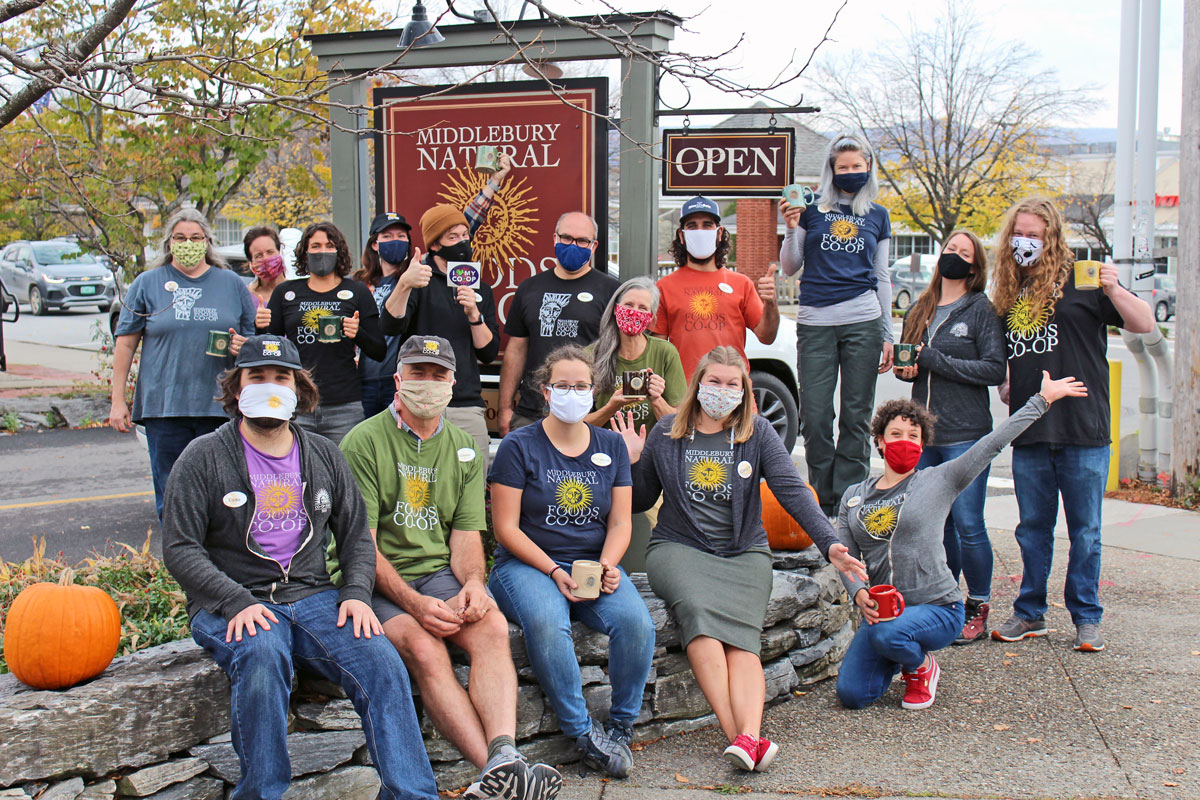
Our Co-op is celebrating this special month in a number of ways. Throughout the month, we’ll be promoting some of our favorite Co-op-made products so that you can vote with your food dollars for businesses that are actively growing a more inclusive economy. Check out our Weekly Sale and Member Deals displays all month long to find great deals on co-op-made products by Equal Exchange, Frontier, Blue Diamond, La Riojana, and more. You’ll also find that many of these products are part of our Co-op Basics program at very affordable prices. Be sure to check out the Addison Independent each week for coupons that will offer even deeper discounts on these great Co-op-made products!
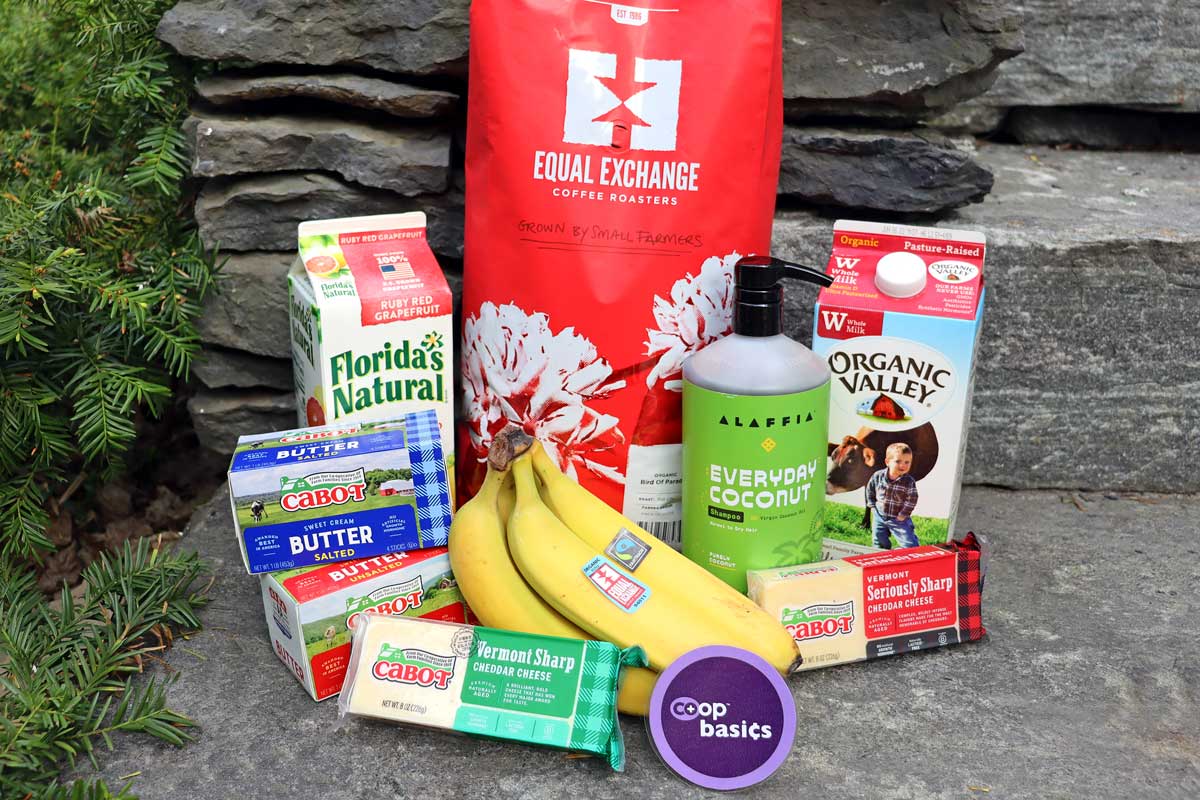
To find co-op-made products throughout the store, look for the “Go Co-op” signs on the shelves. You may be surprised by what you find, including dairy products from Cabot Creamery Co-op and Organic Valley, fairly traded coffee, tea, chocolate, bananas, and avocados from Equal Exchange, La Riojana wines, orange juice from Flordia’s Natural, body care products from Alaffia, bagels from Alvarado Street Bakery, naturally fermented vegetables from Real Pickles — and many others!
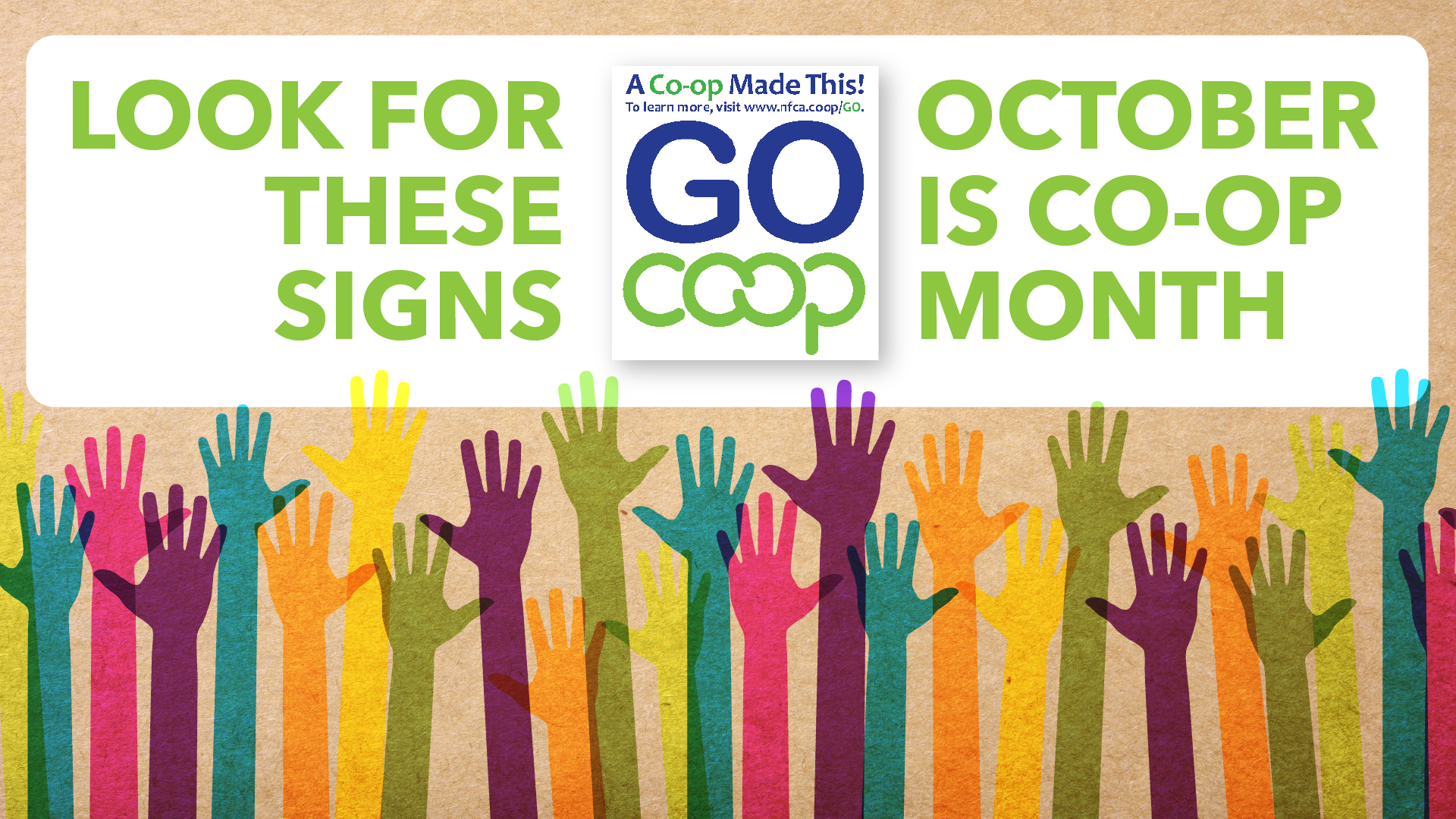
To find food co-ops all over the Northeast, and for more examples of how co-ops are building back for impact, please visit www.nfca.coop.
For a deep dive into the relevance of co-operatives to the economic and social challenges we face and their contributions to a more just, equitable, and sustainable world, check out this webinar from NFCA director Erbin Crowell:




